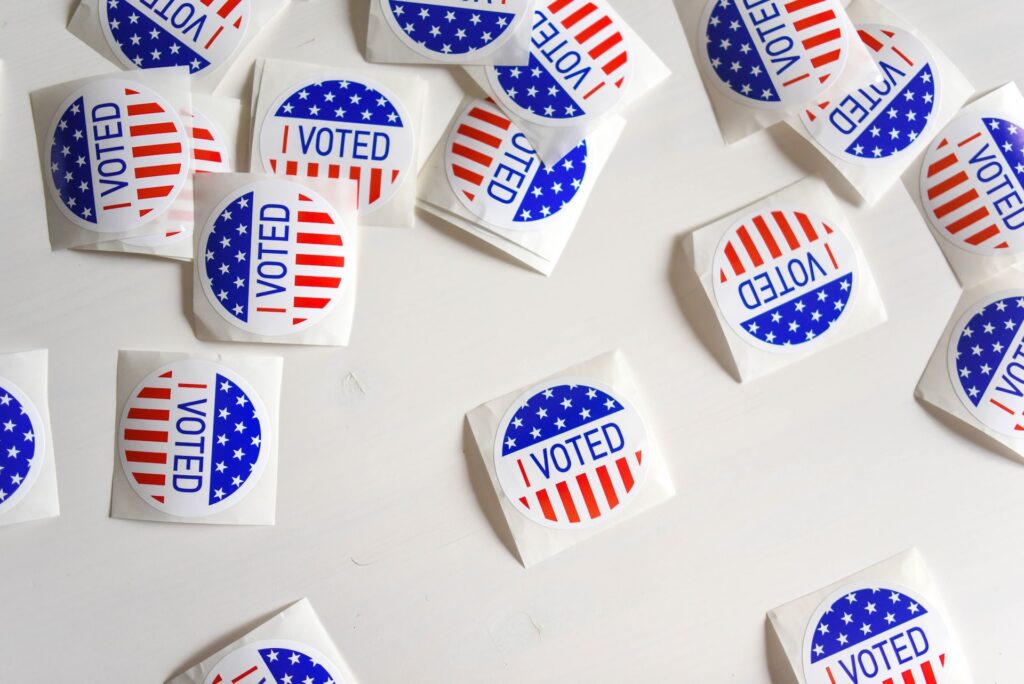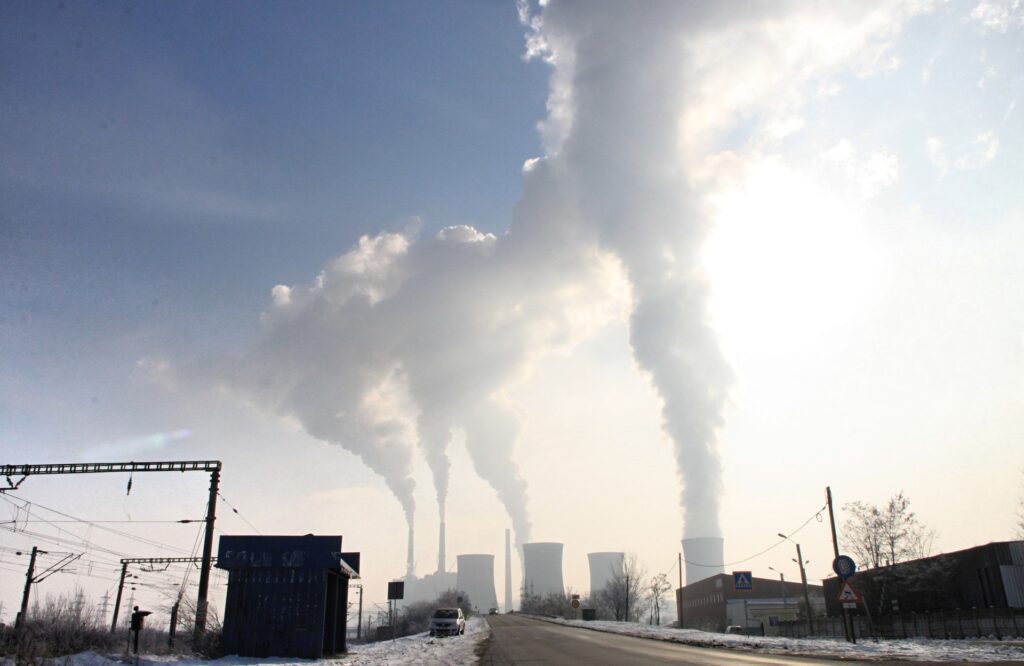- Most voters are largely unaware of the federal Justice40 Initiative, but those who know about it generally support the program.
- Support for Justice40 is strong among Black and Latino respondents.
- One thing is clear: there is a growing national demand for environmental justice.
By Data For Progress | January 24, 2023
Two years ago, President Biden signed an executive order creating the Justice40 Initiative as part of a comprehensive environmental justice (EJ) strategy. Justice40 ensures disadvantaged communities will receive 40 percent of the overall benefits of federal investments on climate change, clean energy, and energy efficiency; workforce development; and other related areas. By embedding Justice40 considerations into future climate and energy programs, the Biden Administration has signaled a clear prioritization for not only significantly scaling down greenhouse gas emissions that are destabilizing global climate systems, but also protecting the communities that are most vulnerable to the effects of climate change. Justice40 is an opportunity to revitalize frontline communities that have disproportionately been subject to the burdens of environmental degradation and provide access to basic human necessities like reliable access to clean air, water, and energy to those in need.
Recent polling conducted by Data for Progress in collaboration with the World Resources Institute demonstrates that, although voters have limited knowledge of the initiative, Justice40 enjoys support among the national electorate. In the leadup to Justice40’s second anniversary, one thing is clear: Raising the salience of this initiative is a crucial part of implementation that should not be neglected in order to make sure communities are fully benefiting from Justice40.
States, municipalities, and Tribal communities will soon begin to receive federal investment for projects stemming from recently passed legislation like the Bipartisan Infrastructure Law and the Inflation Reduction Act (IRA). Earlier this month, the Biden Administration announced that the first $100 million of IRA’s Environmental Justice Grants will soon be available for EJ projects throughout the country, with about $40 million allocated for state, local, and community partners; $30 million for community-based nonprofits; $20 million for federal Tribes; and $10 million for U.S. territories and remote Tribes. These grants underscore the largest EJ investment in U.S. history, and Justice40 is an important commitment for ensuring that disadvantaged communities have opportunities to provide meaningful input on climate and clean energy program decisions.
Despite Justice40 considerations being embedded in climate and clean energy legislation, the initiative lacks recognition from the national electorate. Data for Progress polling finds that 85 percent of national voters report knowing “nothing at all” about Justice40, while 14 percent report knowing “a little,” and only 1 percent report knowing “a lot” about the initiative.
Read more from Data for Progress.



